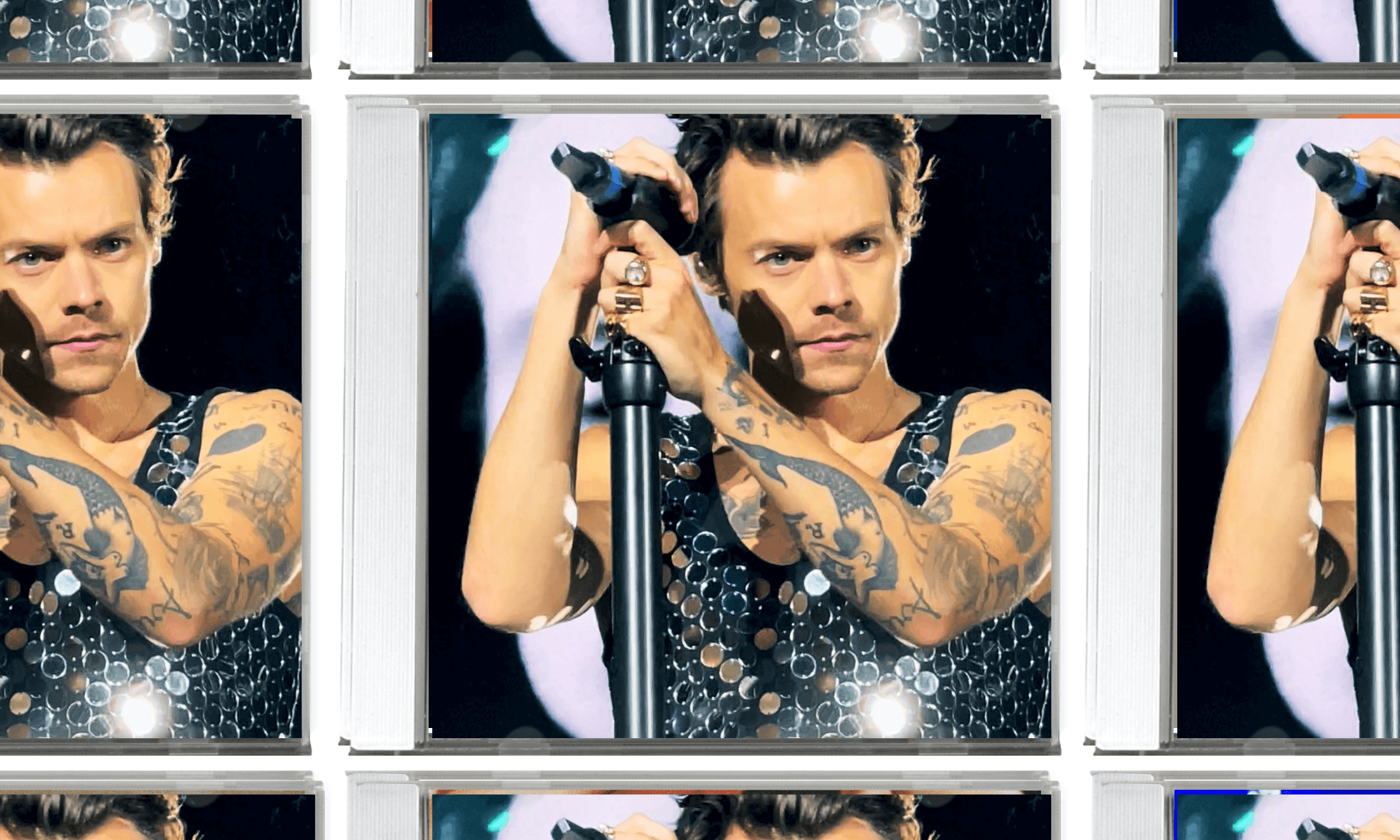
A week on from the Super Bowl, the promo for Man of the Woods comes to mind. We’re presented with a new Justin Timberlake. ‘SexyBack’-bringer no longer, Timberlake today is the American man striding through rugged landscapes in flannel. Justin’s ability to transition from boy band to successful – even respected – R&B musician has been debated his entire career. However, Man of the Woods looked suspiciously like another white R&B artist, who, having enjoyed the benefits of that, pivoted to a country sound as a sign of maturity.
The album isn’t quite the departure some expected. Musically it’s a mix of the usual pop-funk, interspersed with a country sound; “Americana with 808s”, as he described it. But the critical mauling it received says a lot about the position Justin finds himself in today. A white artist adopting a black aesthetic, with a marketable Caucasian package, is neither surprising nor new. Although undeniably talented, the heights Justin scaled in his Justified / Futuresex/Lovesounds heyday is a striking reflection of culture’s love for black music, particularly when made by white people.
“Maybe he seemed genuinely passionate, or maybe his dancing helped – but, somehow, he just seemed more legit than your average white, R&B star”
Rather than being dismissed as a “culture vulture”, JT, as he is sometimes referred to, has – up until now, at least – always been considered ‘down’. Maybe it was the company he kept or the fact that his albums were produced by Timbaland and the Neptunes. Maybe he seemed genuinely passionate, or maybe his dancing helped – but, somehow, he just seemed more legit than your average white, R&B star. We gave him the benefit of the doubt initially, but somewhere along the way, perceptions of Justin began to shift, particularly among black fans.
Not only has Justin benefited from white privilege, he’s the walking personification of it. It’s a function of his privilege that he’s able to genre switch and still be taken seriously. Consider the outcry when Beyoncé’s ‘Daddy’s Lessons’ was rejected by the Grammy country committee, and contrast this to Justin performing at the 2015 Country Music Awards, with nary an eyebrow raised. As Vox wrote, “[the] freedom and flexibility to transverse aesthetic boundaries and cultural codes is one that’s not afforded to his non-white, non-male peers”.
The rumour that Justin would use a hologram of Prince at this year’s Super Bowl halftime show was met with reactions ranging from dismay to bloodlust. Many fans pointed out that Prince considered holograms “demonic” – nor did he care for Justin. When the show ended up featuring a homage video of Prince – Black Twitter’s response was swift, criticising Justin for basking in the reflected glow of more talented black musicians, as he had his entire career.
The last time Justin performed at the Super Bowl coincided with Janet Jackson’s infamous “wardrobe malfunction”, which is a perfect illustration of how differently black women and white men can be treated for the same act. “His body was not criminalized and demonized in the way that hers was, and that has everything to do with being a white man,” said Women’s, Gender, and Sexuality Studies professor at State University of New York, Janell Hobson years after the incident. Following initial blowback, Justin’s career went from strength to strength if anything with the “street cred” he lacked before. Janet Jackson’s career was largely derailed. She was persecuted by the press and banned from MTV and the Grammys. That same year, Justin received five awards.
Years later, he admitted he got off lightly: “In my honest opinion now […] I could’ve handled it better. I probably got 10% of the blame, and that says something about society. I think that America’s harsher on women […] And I think that America is, you know, unfairly harsh on ethnic people.”
“Justin’s decision to return to the place that so acutely represents his privilege was embarrassingly tone-deaf”
Justin recently said he wishes he had “supported Janet more”. His speaking out probably wouldn’t have made much difference in 2004, but on reflection, his unwillingness to is telling and reveals a pattern of behaviour throughout his career. As criticism of the NFL’s simultaneous exploitation and dehumanisation of black people reaches fever pitch, Justin’s decision to return to the place that so acutely represents his privilege was embarrassingly tone-deaf, especially considering Janet allegedly remains banned from the Super Bowl.
While we can’t hold Justin responsible for his privilege, we can for his failure to acknowledge it. Eminem has spoken frequently about the benefits of being a white rapper – ditto with Macklemore. Justin never has, probably because he prefers his image not to be politicised. When it comes to issues facing black communities, he’s made a career of remaining silent. As Vic Mensa said: “With everybody that’s been killed by police on camera in the past couple of years, there’s no #BlackLivesMatter, there’s no “praying for Baltimore,” there’s no “praying for Flint […] Because that’s a dangerous subject for him to touch. And we’re not feeling him being down when it’s beneficial to him and turning a blind eye when it could be dangerous”.
The backlash against Justin seems to have arrived suddenly, but it was inevitable. As pop culture increasingly defines itself by accountability, maybe there’s no longer an appetite for an artist who in many ways represents the very structures many are fighting against. As NPR’s Ann Powers said, “we are living in a moment of struggle, and we want our pop music to also reflect that struggle. And frankly, Timberlake now embodies that phrase so often spoken today: white male privilege. It’s just not a good look for 2018. And it’s really, in some ways, not his fault — it’s just who he is”.








